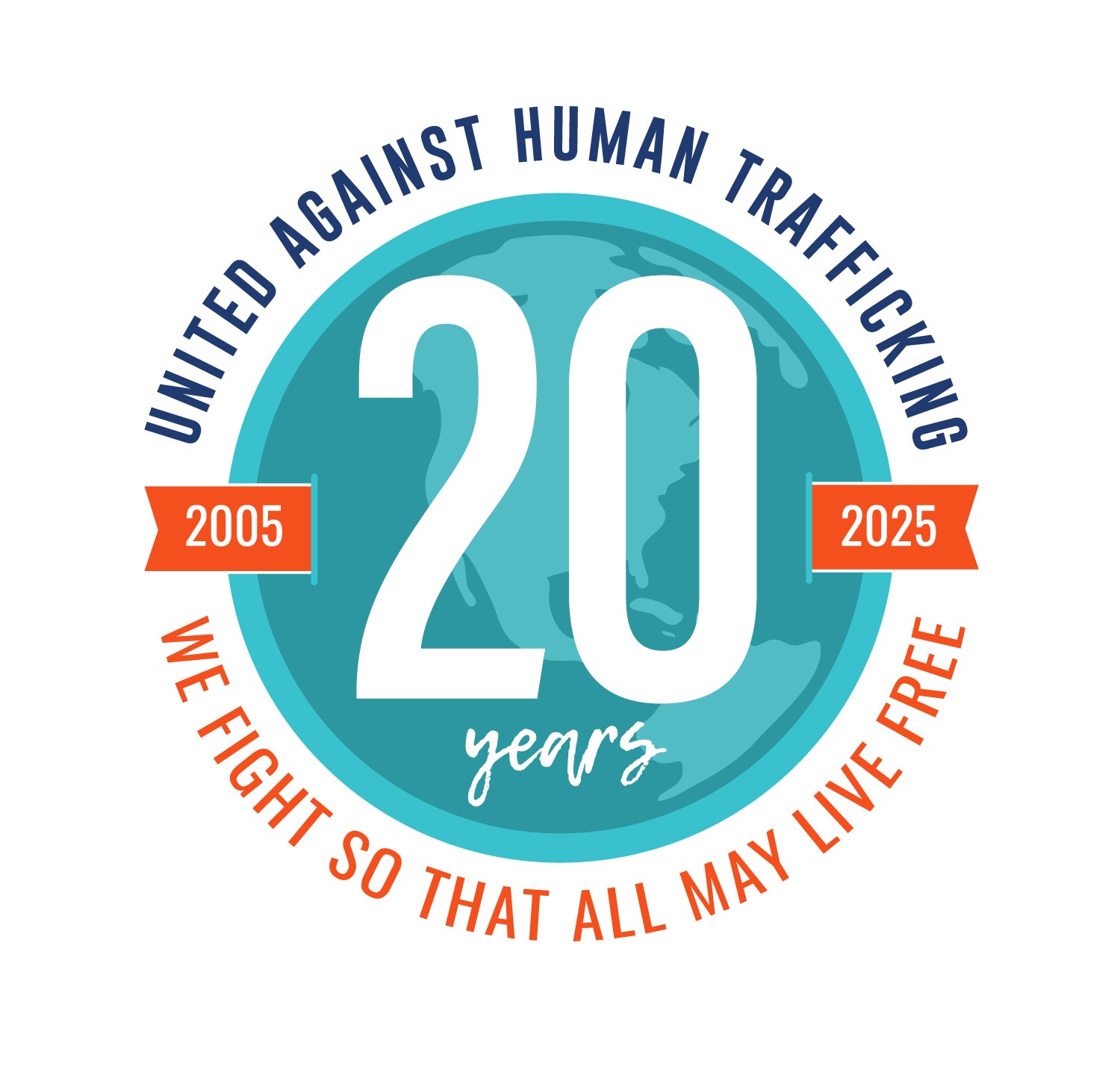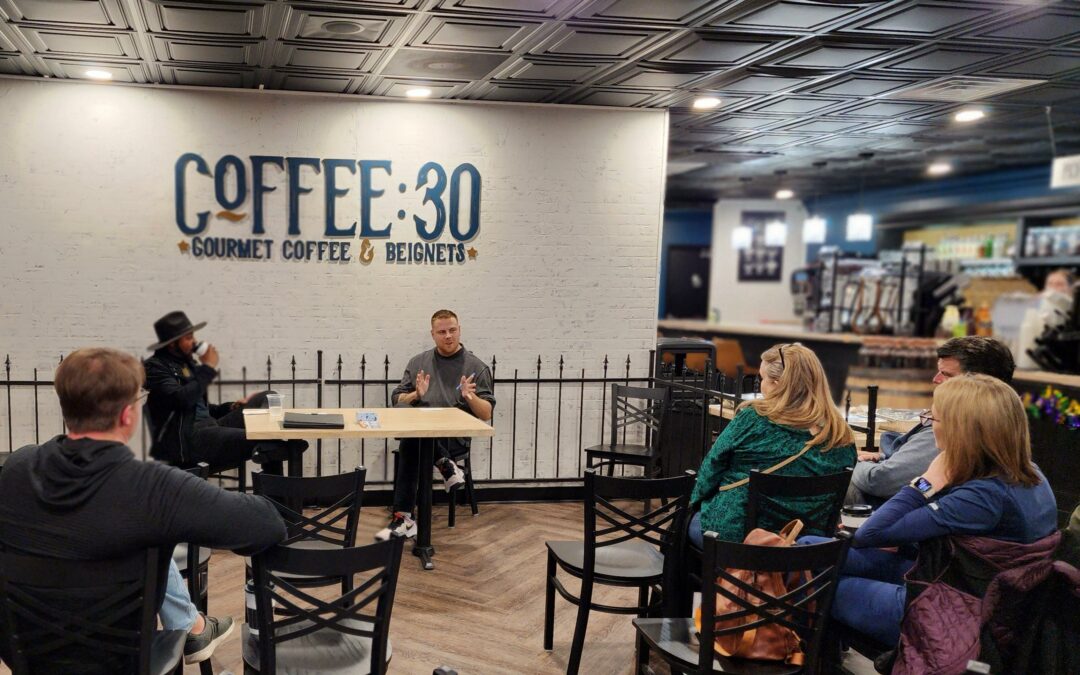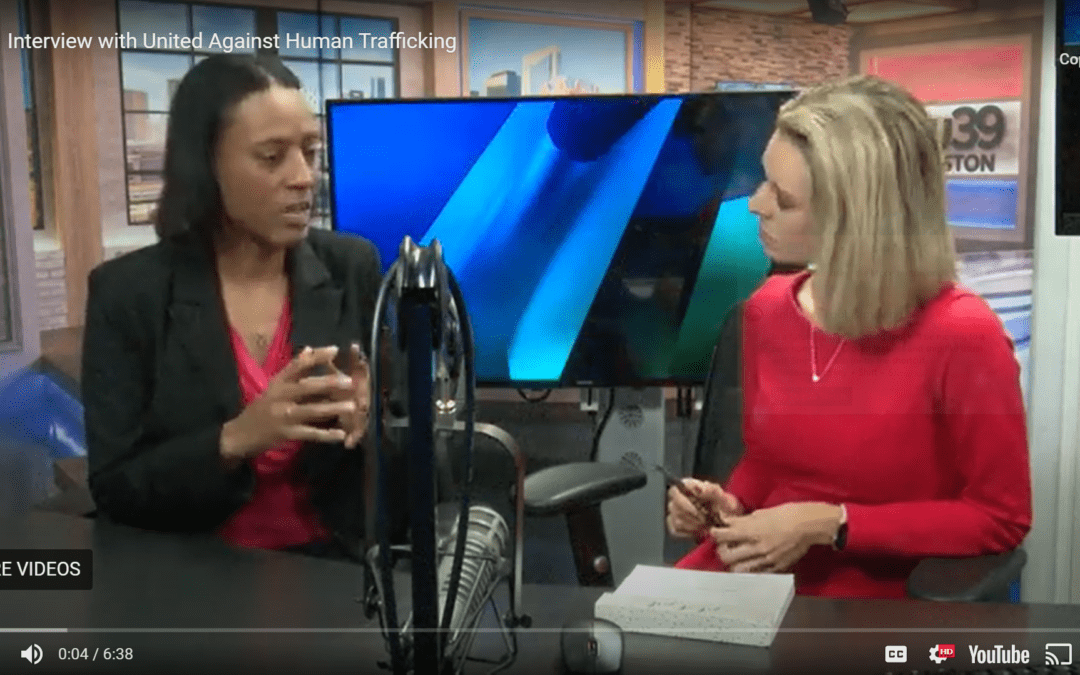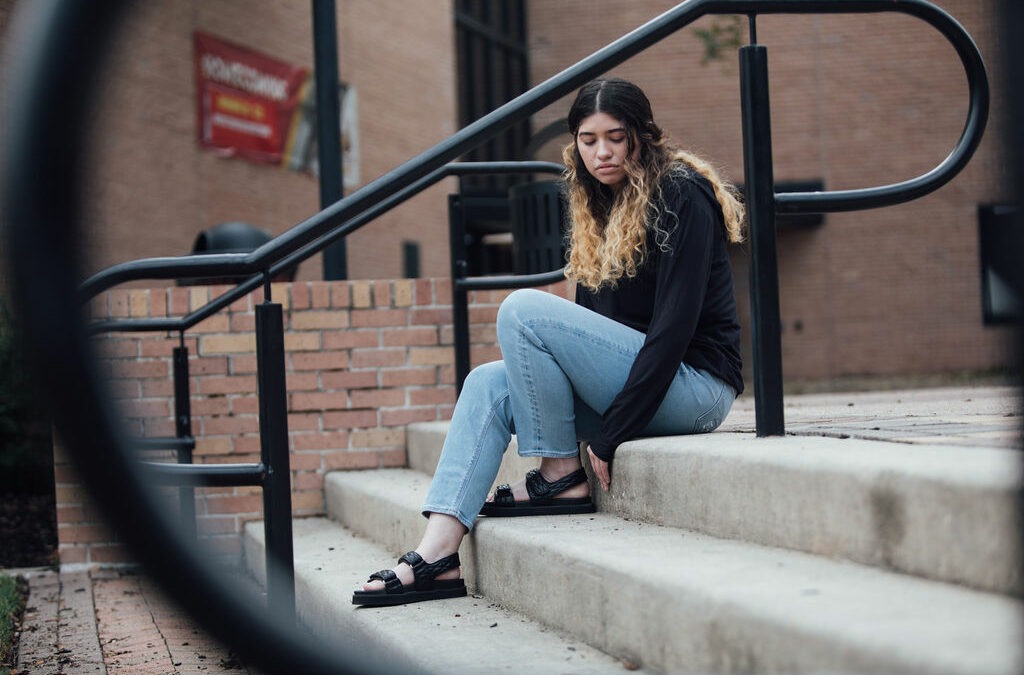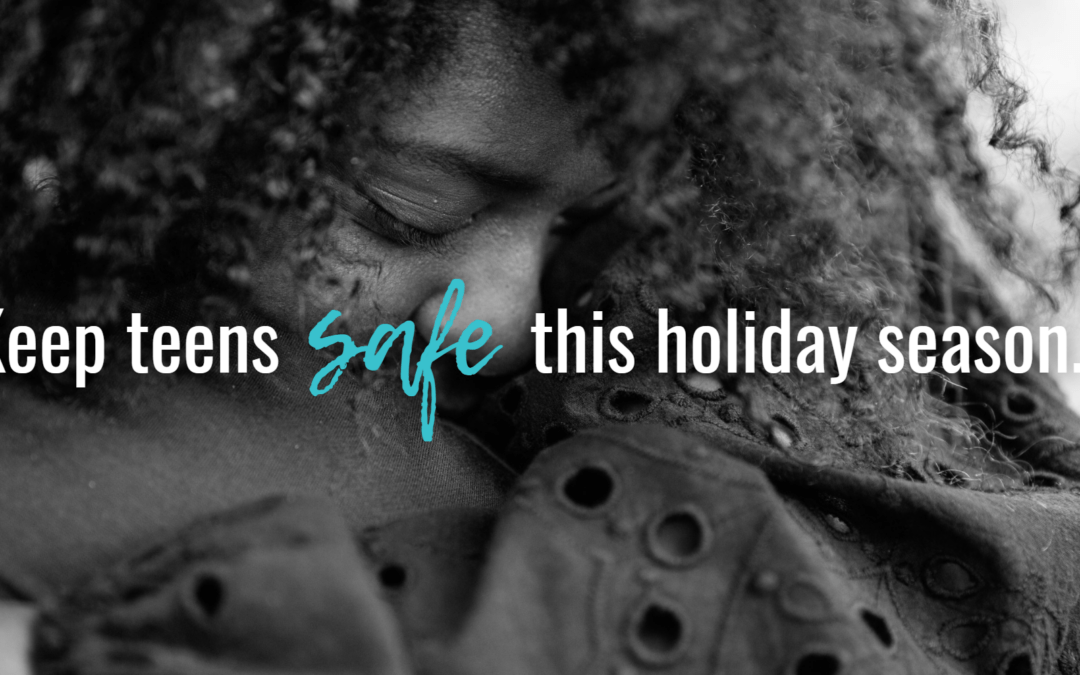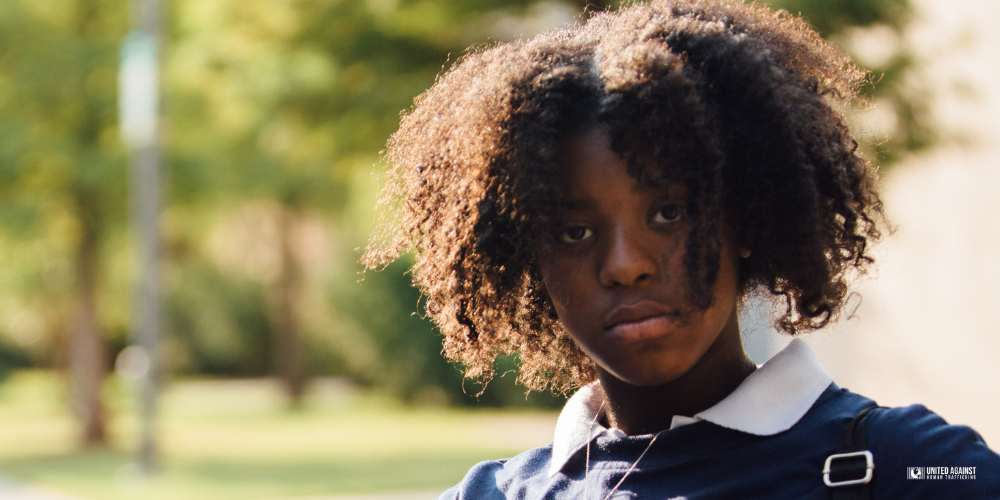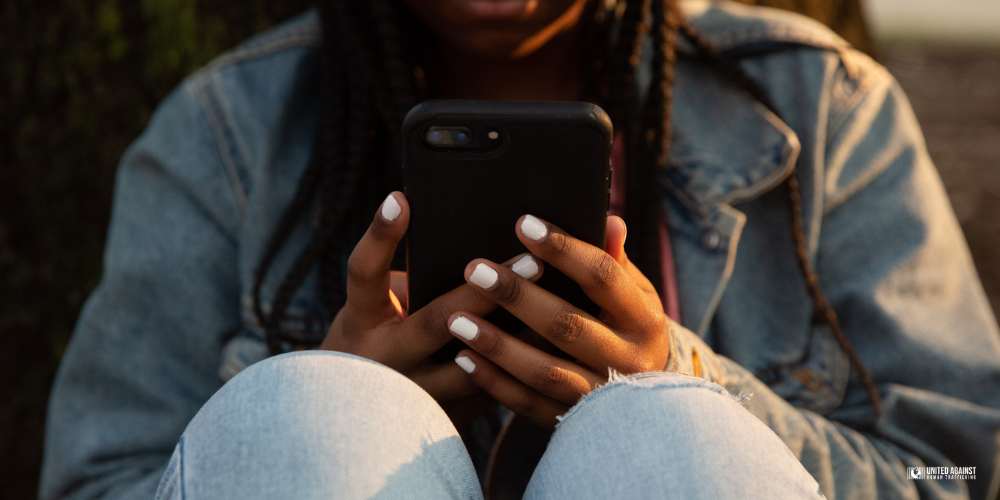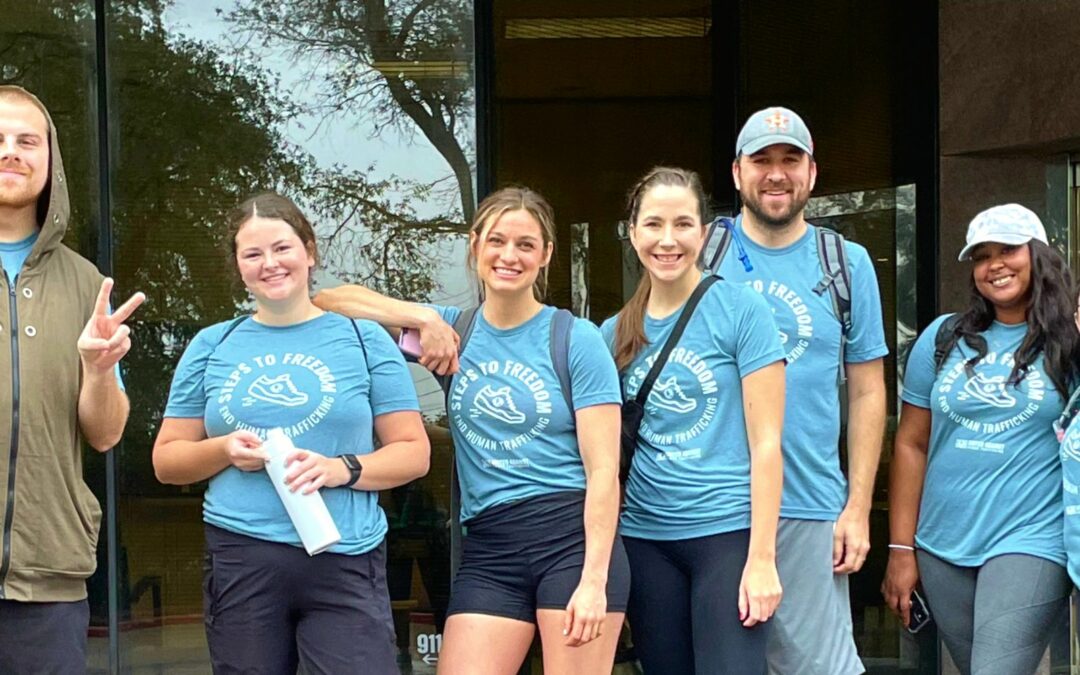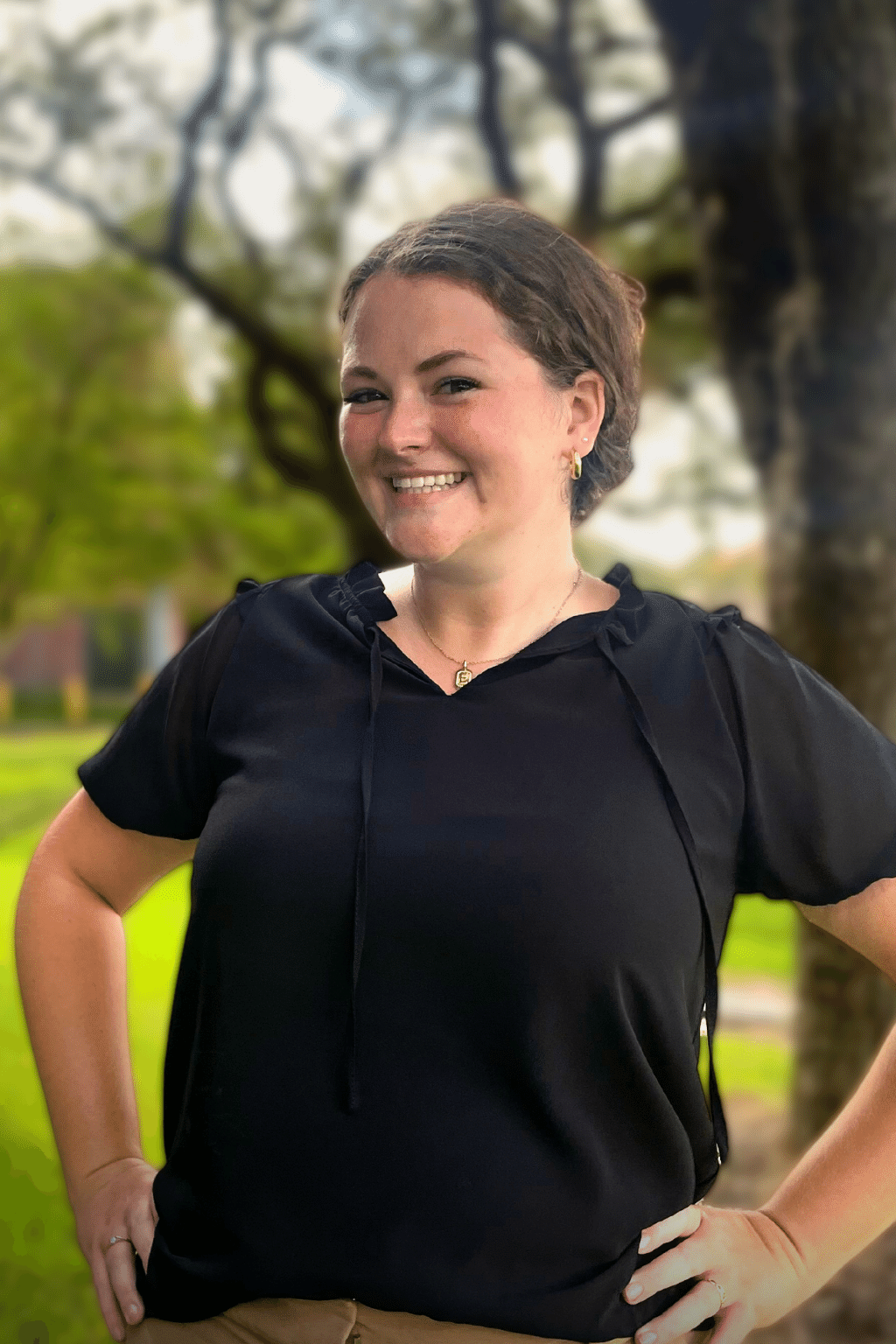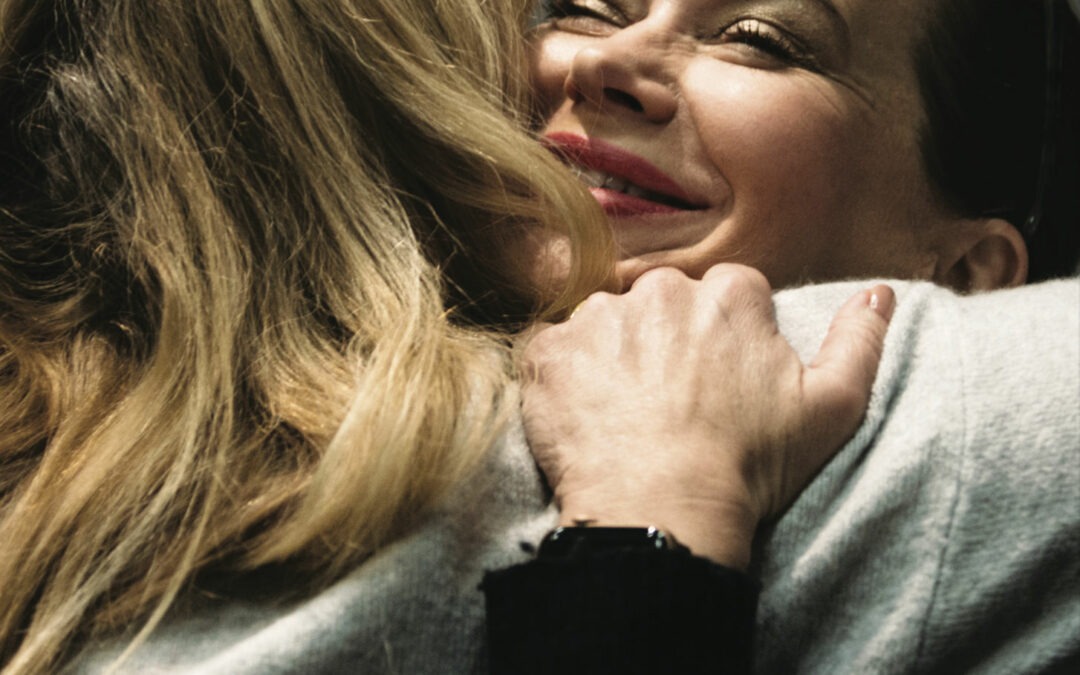
Change and Breakthrough in 2023
My Dear Friend,
It has been my great privilege and joy to serve United Against Human Trafficking since 2015!
During my tenure, it has been an honor to partner with survivor leaders, agencies, and individuals, to push the anti-trafficking movement forward. As I approach my tenth year of service as CEO (and our organization’s 20th Anniversary!) next year, I am mindful of those on whose shoulders we stand. Our agency’s founders, along with many other trailblazers at the local, state, and federal level, are the reason we are in the position we are in today. Their vision and passion have inspired us as a guiding light throughout the years. And to you, our supporters (some of you have been with us since the very beginning!) I want to express my deepest gratitude. From my heart to yours, know that it’s– onward and upward for all things at United Against Human Trafficking.
As a team we have talked a lot this past year about elevating. As you will see from the pages of this report, we have taken our work to the next level in 2023! I am so proud of this work and eager to see how what we’ve accomplished in the past year serves to unite the movement in the years ahead.
One area of elevation I’m excited about is our commitment to continue the conversation around diversity, equity, and inclusion. What we know is that trafficking survivors are disproportionately from communities of color and other marginalized demographics. We hosted several meetings with anti-trafficking partner agencies and led the firstever area-wide board of directors training addressing issues related to diversity, equity, and inclusion in the anti-trafficking movement. Agency board support is critical to advance trauma informed care in the anti-trafficking movement and meet survivors where they are on their journey. Along with this series of meetings, we also continued to host The Justice Series, an interactive, artistic, collective expression elevating the voices of survivors and Black leaders in the anti-trafficking movement.
Our prevention work is elevated, too! Our stopping sexual exploitation groups (SSE) launched Spanish cohorts alongside our English cohorts, and a record number of men participated. This program is focused on demand reduction, working upstream to educate men on the dangers of human trafficking.
We have also grown in our engagement with policy and advocacy. We traveled to Washington D.C. to have conversations with lawmakers about where the movement is going and how we can craft legislation and fund the work in a more effective manner. This is a great example of a gap in the movement where we are grateful to step in and lead.
Finally, we have elevated in the foundational work of coalition building. We started as a coalition, and “United” isn’t just a name to us. So, this year we grew our coalitions in both Houston and Lake Charles, Louisiana. We also led and hosted the Human Trafficking Rescue Alliance Summit, an annual gathering of stakeholders in the anti-trafficking movement focused on the work of law enforcement. It was a dynamic gathering with representatives from across the country.
As our programs elevate, we also recognize the need for our infrastructure to grow, too. With a growing staff and program demands we began a search for our first permanent home. We are so excited that in Q1 of 2024 we will close on a property in the historic East End. In doing so we not only elevate our agency operations, but we take a huge step forward in our organizational growth.
This type of elevation – from our programs to purchasing a building – is only possible because of support from people like you! In the pages of this report, you will have the opportunity to see how your donor dollars help us continue to pursue our vision that all may live free. I want to express gratitude to you as our partners. For our board of directors, I am so thankful – your partnership in the work means the world to me. And to our survivor leaders – thank you for teaching us, inspiring us, and partnering with us in this work. It is an honor to serve alongside you in this great mission to end human trafficking. 2023 was a year worth celebrating, and I invite you to join me as we continue to elevate in 2024 and beyond!
Much love and appreciation.
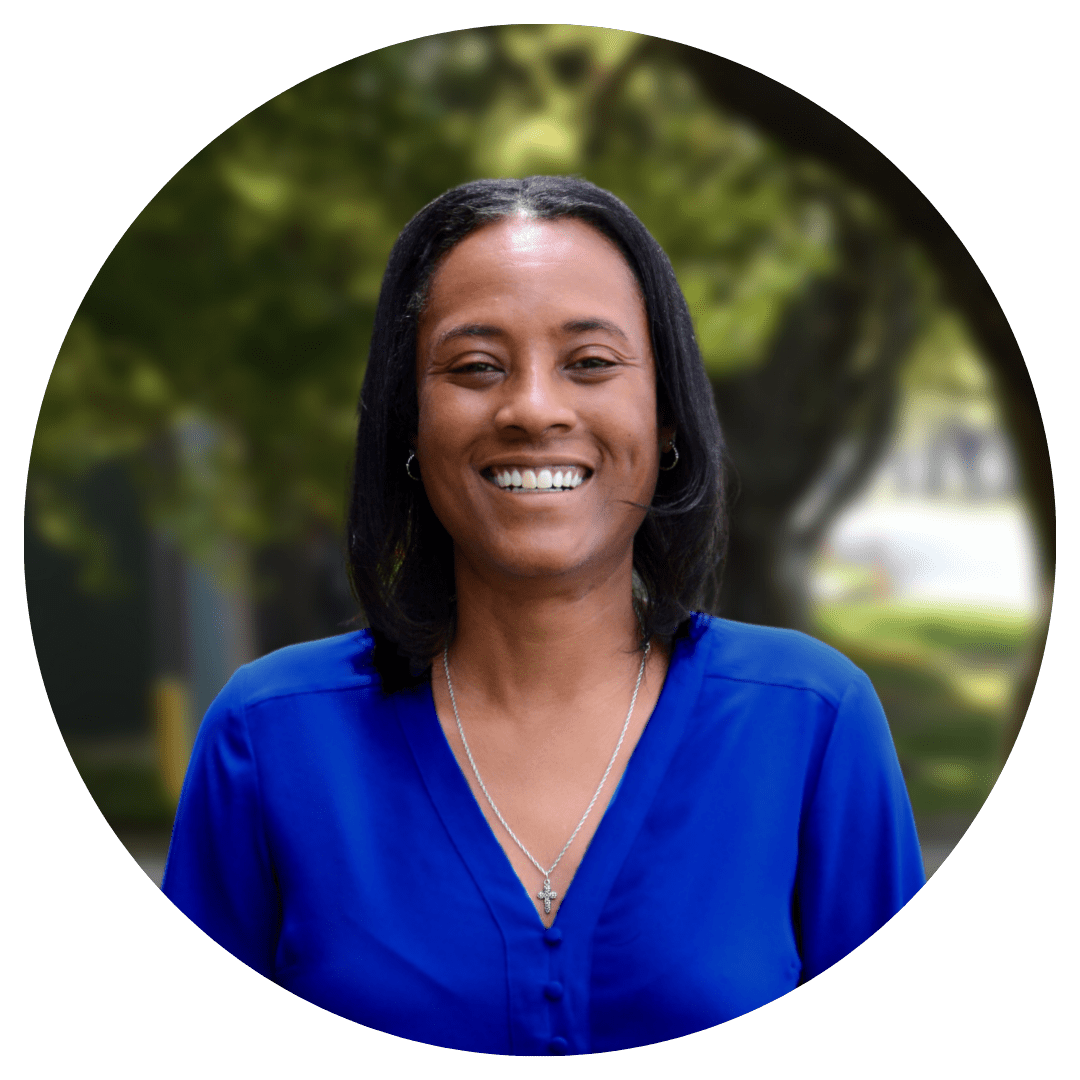
With so much love and gratitude,
Timeka Walker, LMSW
Chief Executive Officer
Together, we can end human trafficking.
